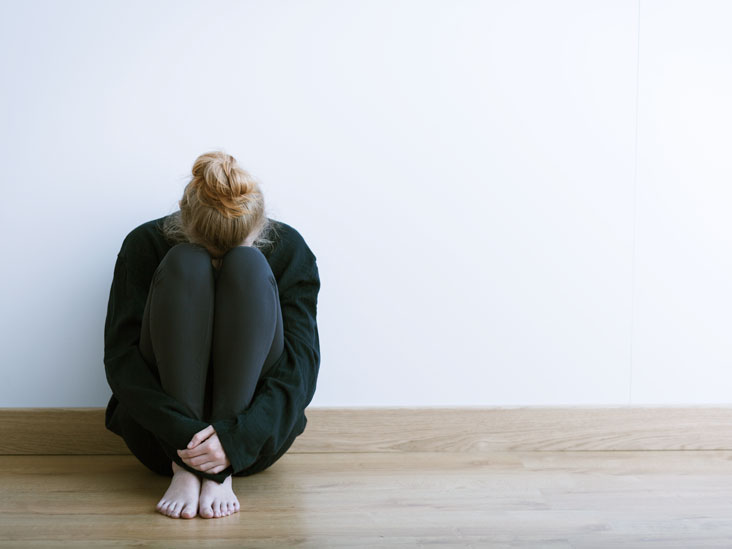To understand if you suffer from the disorder, it is necessary to make a fundamental clarification, which also applies to all other emotional situations, so that they are not always considered problematic. Anticipatory anxiety, embarrassment, shame, a sense of humiliation, the fear of being judged negatively and the fear of being ashamed are emotions that everyone can experience. However, this condition does not always represent a purely clinical problem, as it could simply be a simple shyness, certainly a cause of discomfort, but not limiting for the person’s life if it does not turn into an anxiety disorder. So how do you distinguish a social phobia disorder from a condition of simple shyness or from a physiological emotional reaction?
Causes of social phobia
According to recent studies, there is no single cause of social phobia: a set of factors contribute to the onset of the disorder, which can be genetic, psychological and environmental. As far as genetic factors are concerned, they would correspond to a tendency to have anxious reactions more easily, linked to a greater reactivity and sensitivity of the nervous system. First of all, a familiarity with the development of social phobia was found: compared to the rest of the population, in fact the probability of developing Social Phobia is higher in close relatives of those who suffer from it.
Consequences of social phobia
This disorder causes a significant impairment of the quality of life in general, in particular in a number of important areas of life such as the workplace, school, social and affective.
Academic difficulties are often caused by the presence of performance anxiety. Problems in the workplace, on the other hand, are more often caused by the fear of speaking in public and the tendency to avoid commitments in which the person might feel negatively valued, such as doing jobs in contact with the public. In the most serious cases, these difficulties can cause you to drop out of school or work, or lead to unemployment due to the avoidance of job interviews.
Different types of treatment
In recent years, various studies have been carried out on the effectiveness of psychotherapies for the treatment of social phobia. Studies show that the therapies that are effective for the treatment of this disorder are behavioral therapy, Social Skill Training groups and cognitive-behavioral therapy.
Behavioral therapy is a treatment focused on the technique of gradual exposure, which consists in gradually exposing the patient to the feared situation so that he can reduce social anxiety and acquire a sense of effectiveness in managing social situations.
The cognitive-behavioral treatment
Scientific research claims that cognitive-behavioral therapy is one of the most effective treatments for the treatment of social phobia. The cognitive-behavioral protocol for the treatment of this disorder involves the use of the following procedures:
- formulation of a therapeutic contract, which contains shared objectives between patient and therapist and their respective tasks (eg homework for the patient);
- reconstruction of the history of the disorder, starting from the first episode in which it occurred, up to the detailed description of the current manifestation;
- formulation of the functioning scheme of the disorder, starting from the analysis of recent episodes during which the person has experienced social anxiety;

Summary
This protocol is applicable both individually and in groups. In the case of social phobia, group treatment is in itself an exposure to what the subject fears, so it must be implemented following the patient’s preparation for it. It is possible to carry out this therapy protocol also in groups.
Compared to individual therapy, group therapy has the general advantage of allowing comparison with other people who suffer from the same disorder and thus favoring the reduction of the problem and the reduction of the subjective feeling of “being abnormal”. (insert link phobic-avoidant group therapy). As for exposures (effective exercises for desensitization to the anxiety-inducing stimulus), home visits are provided, where necessary, at an early stage, in order to support the person in starting to expose themselves, in order to then be able to continue alone.
